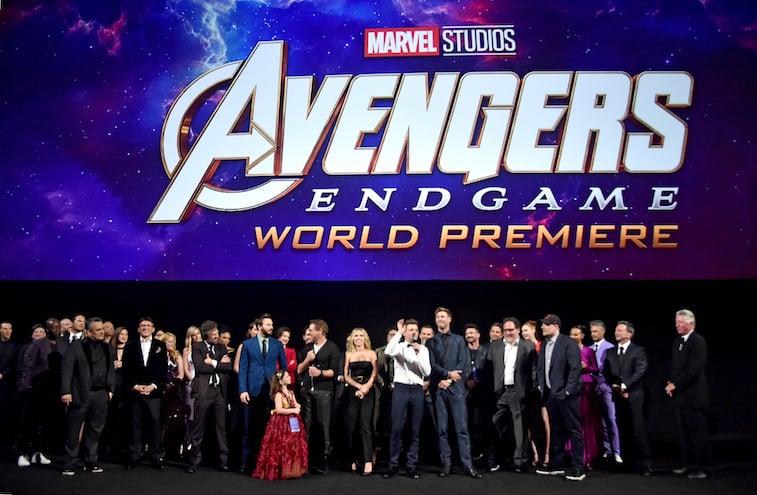MCU Fans May Have Figured Out Why Doctor Strange Didn’t Fight Thanos in the Final ‘Endgame’ Battle
Those involved in the final battle with Thanos in Avengers: Endgame are getting more serious analysis, especially superheroes from the sidelines who could have done more. After all, when thinking about powerful characters like Doctor Strange, fans still wonder why he never had more involvement.
There was a good reason for it since it involved tampering with the timeline had he done more. His holding back gives another example of how deep Endgame was, including delving into the realms of free will.
Fans are discussing this lately on social media during the first anniversary of Endgame with interesting new analysis. At least Doctor Strange backing off had some near-spiritual logic rather than creating wild speculation about holding back his mystic arts.
Holding back on having Doctor Strange and Thanos fight again

All MCU fans remember the famous battle between Doctor Strange and Thanos during Infinity War. Thanks to Strange having possession of the Eye of Agamotto and the Time Stone, he made himself powerful enough that he could go up against Thanos without being pulverized.
Evidence points to Strange having the ability to kill Thanos during this moment with his magical tools available. Instead, Strange sacrificed himself, knowing a certain outcome had to take place.
Considering Strange had the ability to see 14,000,605 different time outcomes to what would happen later, he had the omniscient quality to bring about the true power of free will. Some might say that is playing God, and Strange was seemingly the closest to such a thing.
This never keeps fans from still pondering why Doctor Strange did what he did. On Reddit, the question is still posed, if maybe having more practical reasons in addition to the timeline inevitability.
Reeling in the power of certain Avengers
The question posed above on Reddit goes more by how Marvel has to literally reel in the major powers of Avengers like Scarlet Witch and Captain Marvel. They both have supreme powers themselves, if arguably not entirely capable of overcoming Thanos at the time.
Only Strange had real capability, and yet he knew if he did kill Thanos during Infinity War, it would mess with the timeline of destiny for the Avengers team. Out of all possible outcomes, he knew Tony Stark and his team gave a more satisfying conclusion to things. Even then, though, some might be confused about why he refused to spare the suffering happening as a result.
There is an answer to this. However, on a practical level, Strange also had no involvement in battling Thanos during Endgame because former was preoccupied with preventing a flood.
Doctor Strange holding back water on the battlefield was almost a biblical allusion (to Moses). Plus, he may be a superhero equivalent of how people might view a higher power in dealing with free will.
The suffering and death of Tony Stark likely brought good
Understanding destiny and why bad things happen always puzzles people in the real world. Having it play out in an MCU movie gives a guidepost to understanding why suffering may be necessary.
Any kind of overly convenient outcome for things might not always lead to the best possible situations afterward. After a battle, what everyone learns from it is what matters, so it helps people become better people and prevent such things from happening again. Had Doctor Strange defeated Thanos early, it might have led to complacency about any future threats.
Besides, Strange apparently determined he could never could properly defeat Thanos in all those timelines he saw. At the same time, when he said “it was the only way,” he may have also meant learning something valuable.
Tony Stark’s death was painful, yet it brought a sense of respect, sacrifice, and removed complacency about taking life for granted. From a larger view in our real world, this may be the real meaning of life.


